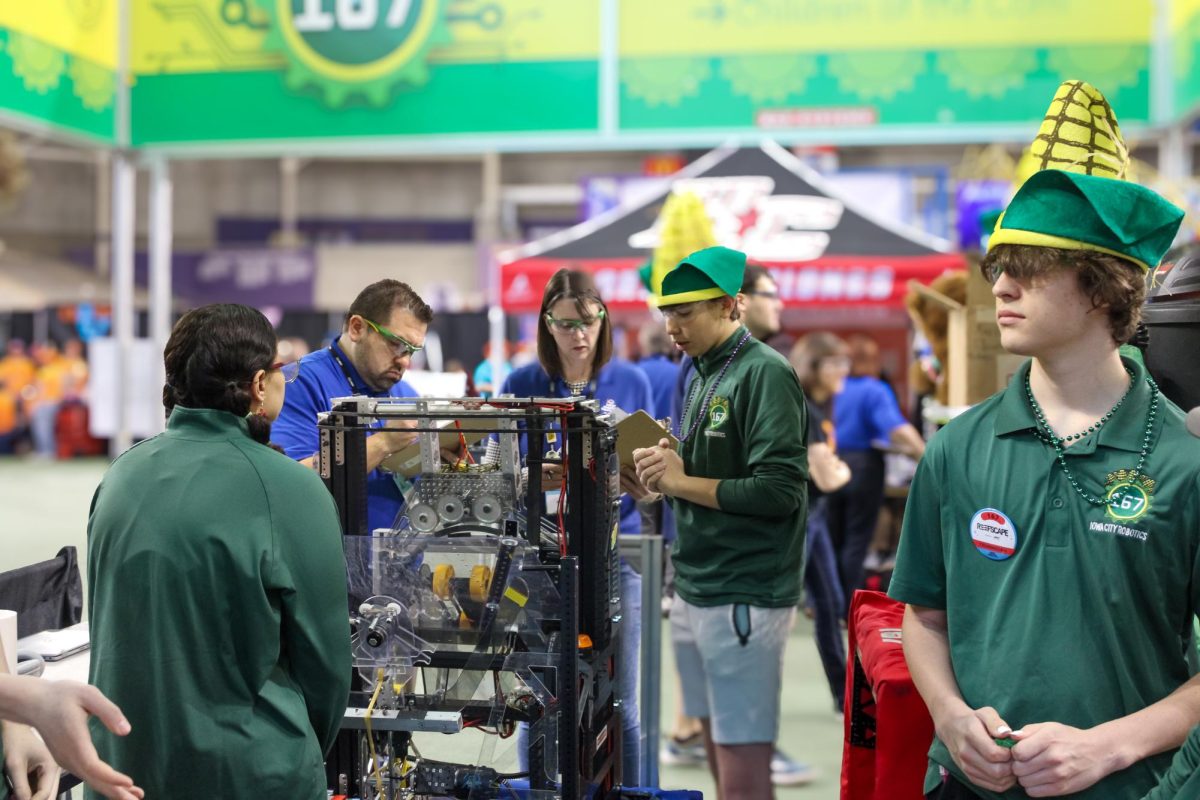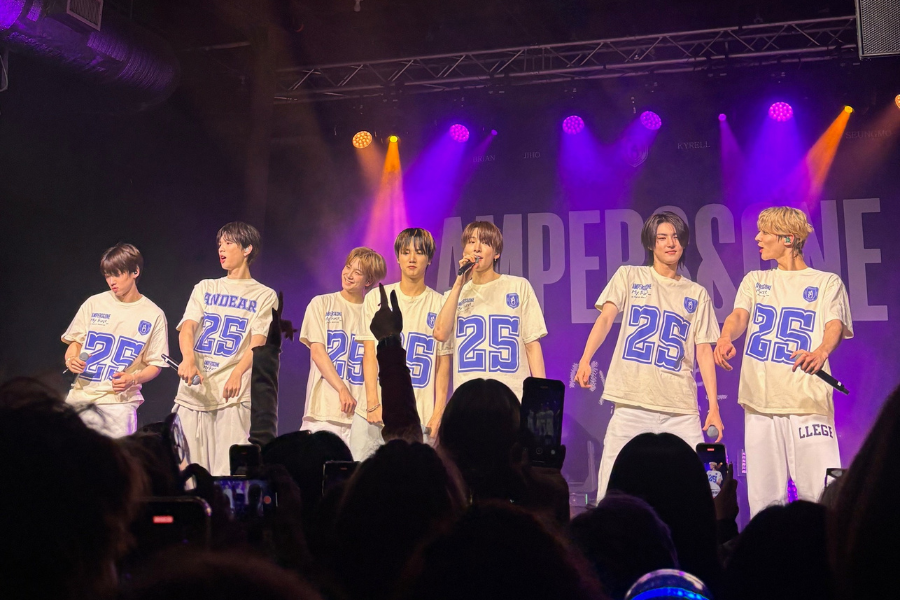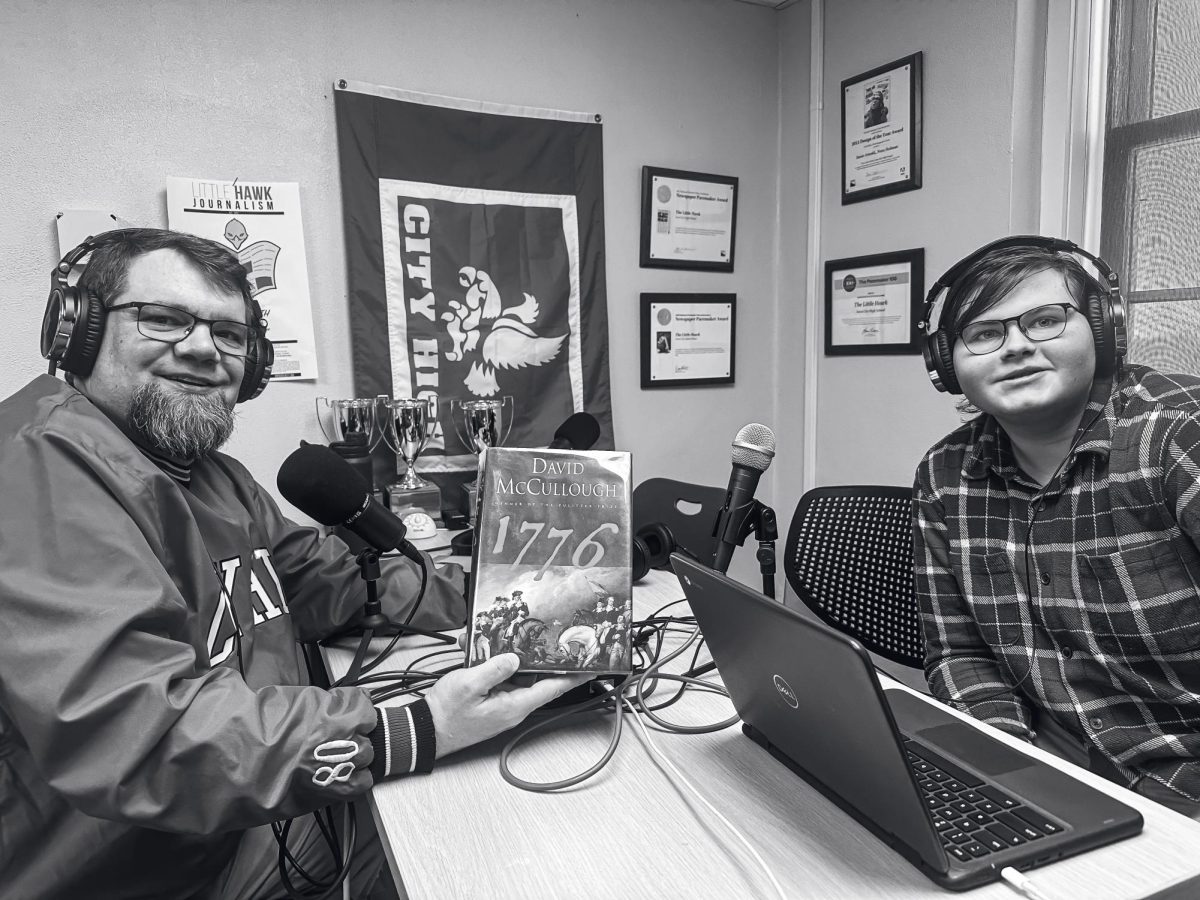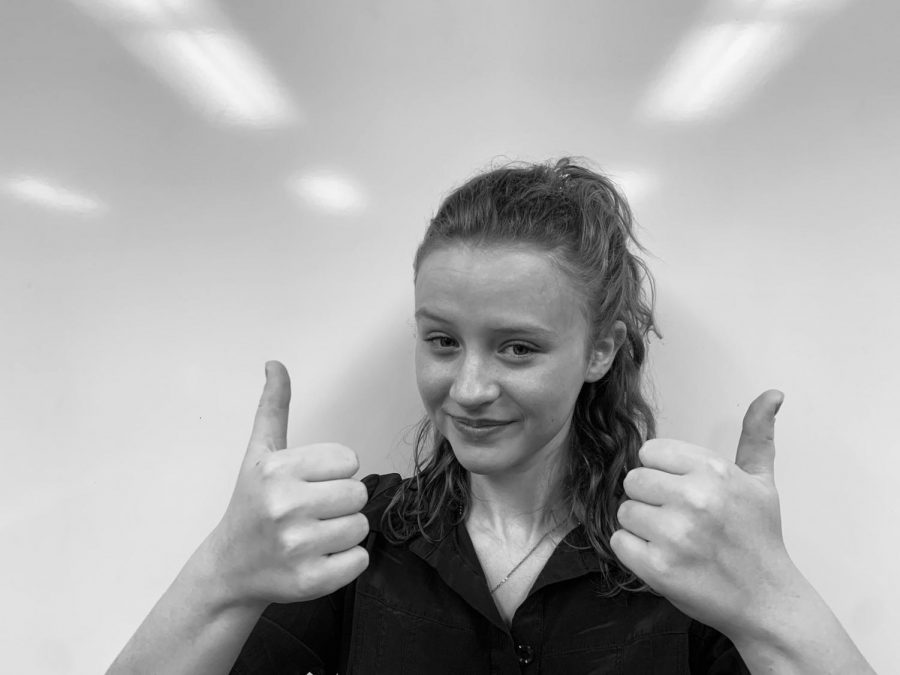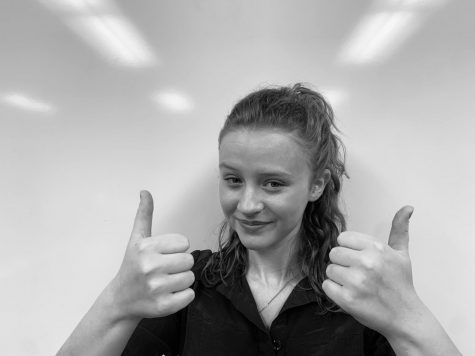Reading with Rage
Gillian Flynn holds nothing back as she builds complex women
April 18, 2022
I enjoy books that make me angry. Generally, when people anger me in real life, it’s for the benefit of the cause that I grin and bear it, moving on until someone really pushes me over the edge of fury. However, sitting in my room, alone, no one is aware nor cares about the streamline of curses and shouts pointed at the characters I meet within the pages of whatever I happen to be reading at the time.
Gillian Flynn, author of Gone Girl, is one author who really knows how to push my buttons.
Believe me, I’ve come across many an anti-hero that have caused me visible pain, but never have I ever sped through books as quickly as I have with the knot-in-the-stomach plotlines of Flynn. After flying through Gone Girl, I hurled my awe of the book at anyone who was willing to listen (and months later, I continue to attempt to bestow knowledge upon anyone willing to listen). Prior to actually starting the book, I had been hesitant, afraid that the hype surrounding it was definitely going to get my hopes up. But let me be clear: Gone Girl deserves the hype. I loved it. And at the same time, I wanted to shove it into one of those wood chipping trucks you see on the side of the road that make you feel like you should probably become a better environmentalist and go strap yourself to that poor tree. I digress. After getting my hands on another one of Flynn’s books, Dark Places, I had trouble leaving my bed, all of my focus intent on reaching the final page, which I ended up doing in less than twenty-four hours.
One of the biggest things I point to when identifying what, exactly, makes Flynn’s writing so encapsulating is her common theme of placing women in the spotlight; women who are multi-dimensional as characters yet tend to err on the side of not-so-great people. Flynn is a controversial writer, as her characters are sometimes seen as sexist depictions of women while other times as feminist figures simply dealing with situations often rooted in sexism.
Flynn has tapped into a field of writing that I have yet to see others accomplish. Not only is she able to back up her nearly unbearable characters with unskippable plotlines, she has successfully created a female anti-hero who does not fall into stereotypically feminine and predictable villainous roles. Although her characters are not likable, they never do what you think they will. Flynn holds nothing back as she builds authentic and complex women, and by reading her stories we can promote multidimensional women that still often go uncovered in the literary world. So here I am, turning pages and screaming with a vicious desire to see just what these women will do next.




